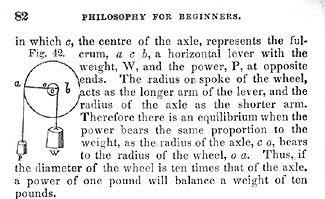Topics Worth Investigating
How does Russell's distinction between the philosophic mind and the practical mind compare with William James' distinction between the tough and tender-minded person? The characteristics are listed in the accompanying table. Can it be argued that even the philosophically minded person must exert some of the characteristics of the practical person in order to live well and do well in the world? James writes:
The history of philosophy is to a great extent that of a certain clash of temperaments… Of whatever temperament a professional philosopher is, he tries, while philosophizing to sink the fact of his temperament. Temperament is no conventionally recognized reason, so he urges impersonal reasons only for his conclusions. Yet his temperament really gives him a stronger bias than any of his more strictly objective premises. It loads the evidence for him one way or the other, making for a more sentimental or more hard-hearted view of the universe, just as this fact or that principle would. He trusts his temperament.[1]
Russell praises the contemplative life and the virtues of encyclopedic knowledge. In this day and age, is a synoptic philosophical understanding of the world practicable? Doesn't one have to specialize in order to be successful? What are the "goods of the mind" that Russell refers to at the beginning of the chapter?
In this essay, Russell mentions the "greatness of the objects" of philosophy and also lists some typical questions with which philosophy is concerned. What are these objects and are they related in any way to the main division of philosophy: epistemology, metaphysics, ethics, and aesthetics? Consider the following "objects":
When old age shall this generation waste,
Thou shalt remain in midst of other woe,
Than ours, a friend to man, to whom thou say'st,
"Beauty is truth, truth beauty,—that is all Ye need to know on earth, and all ye need to know."--John Keats, Ode to a Grecian Urn Russell writes in response to Socrates: "I would never die for my beliefs because I might be wrong." How would Socrates respond to this remark? How would you resolve the paradox?

Mrs. Phelps, Natural Philosophy for Beginners. New York: Huntington and Savage, 1849.